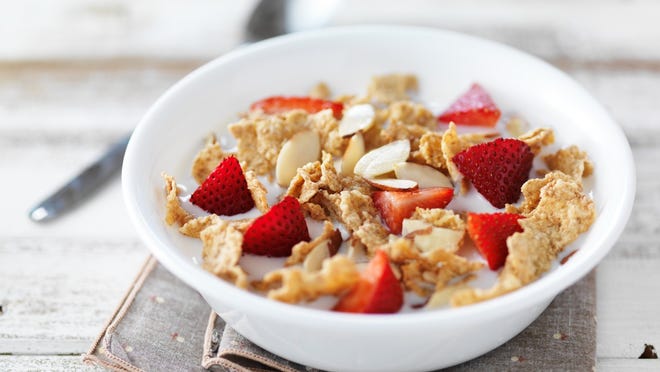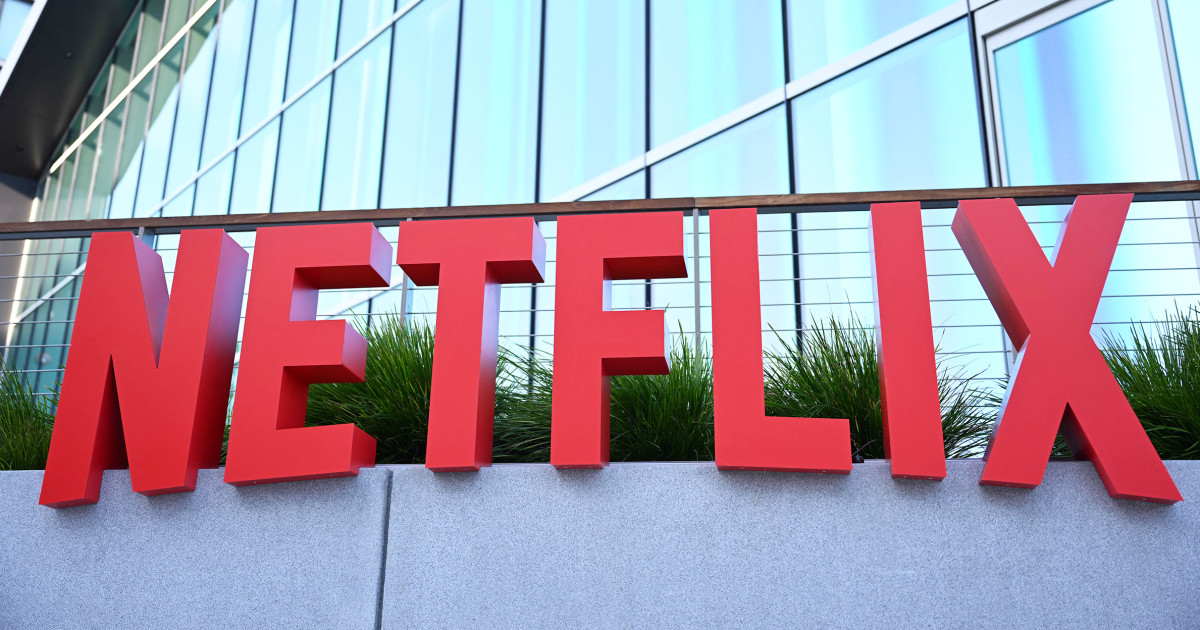What is the healthiest cereal? Know this before pouring that next bowl

Is breakfast really the most important meal of the day?
It’s more than just a saying – studies suggest regular breakfast intake in children results in higher academic performance in the classroom.
A 2021 Ohio State University study found 15% of adults skip breakfast, but those who miss out on the first meal of the day also miss out on important nutrients and have an overall lower diet quality.
Cereal is one of the quickest breakfast options, but how does it impact our overall nutrition profile? Here’s how to get the most out of your meal.
What is the healthiest cereal?
The healthiest cereal is going to be a fiber-heavy, fortified cereal made with whole grains.
Here’s the good news – you don’t need to break the bank to get a nutritionally-dense, healthy cereal option. In fact, many pricey organic cereals are not fortified. Fortified food has added nutrients, making the item like a “multivitamin,” says Chris Mohr, a registered dietitian and founder of Mohr Results.
“Ready-to-eat cereal is actually one of the top sources of nutrition for kids in particular,” Mohr says. “A key element of breakfast cereal is that fortification because then you’re getting those vitamins and minerals that you’re usually not otherwise getting.”
Regular breakfast consumers generally have a higher intake of dietary fiber, B vitamins like folate, calcium, iron and magnesium and zinc.
Mohr recommends searching for “whole grains” on the back ingredient label. Whole grain cereal has the grain kernel completely intact rather than removing the germ and bran in processing, which casts aside many important vitamins, minerals, fibers and phytonutrients, which prevent cell damage.
You should also keep an eye out for fiber content. Cereals are among the highest source of fiber for Americans. Mohr recommends choosing a cereal with at least three grams of fiber per serving, though many cereal types offer much more fiber than that.
But in general, any type of cereal is going to add a certain amount of fiber and nutrition to your breakfast, Mohr says.
What is the healthiest bread?:One is best, but there are plenty of options
What vitamin comes from the sun?:How your body benefits from sunlight
Is cereal healthy?
Added sugar is one of the biggest concerns with cereal intake, but it’s not as big of a problem as you’d expect, Mohr says.
Cereal makes up only 7% of the U.S. population’s added sugar intake, fifth on the list of the top sources of added sugars. It’s far below sugar-sweetened beverages (24%) and desserts and sweet snacks (11%). Even coffee and tea add more sugar to our diet than cereal.
“They’re getting more nutrition even if they are getting a little bit more sugar because in the grand scheme of things, it’s pretty low on the list of added sugar in the U.S. diet,” Mohr says. “If you’re eating cereal as breakfast with your fruit and milk and a hard-boiled egg to get some more protein, you’re certainly aligned with the dietary guidelines.”
Searching for cereal with less added sugar (the average cereal has about eight to 10 grams per serving, Mohr says) is certainly a healthier choice, but it doesn’t mean you should avoid cereal with added sugar in general.
“At the end of the day, foods that taste good people are more likely to eat,” Mohr says, noting the nutrients you’d be missing without eating cereal.
You’ll also likely be eating your cereal with milk, which adds additional calcium and vitamins to your diet. A breakfast of cereal and milk compared to an empty stomach positively affects cognitive function at school for children, studies show. And according to a 2019 study, children who regularly ate cereal had a 29% higher dairy intake and 61% higher overall whole grain intake.
Mohr recommends pairing your bowl with some fruit or extra protein like an egg, granola or nuts.
Ultra-processed foods:You know there are health risks, here’s how to eat less of them
Just Curious?:We’re answering life’s everyday questions
Are Cheerios healthy for you?
Have you seen the heart on the front of a Cheerios box? It’s not just marketing – the main ingredient in the cereal is whole grain oats and oat fiber is known to lower cholesterol.
One box of Cheerios contains only 1 gram of added sugar, four grams of dietary fiber and two grams of soluble fiber.










